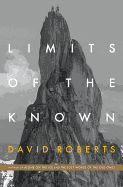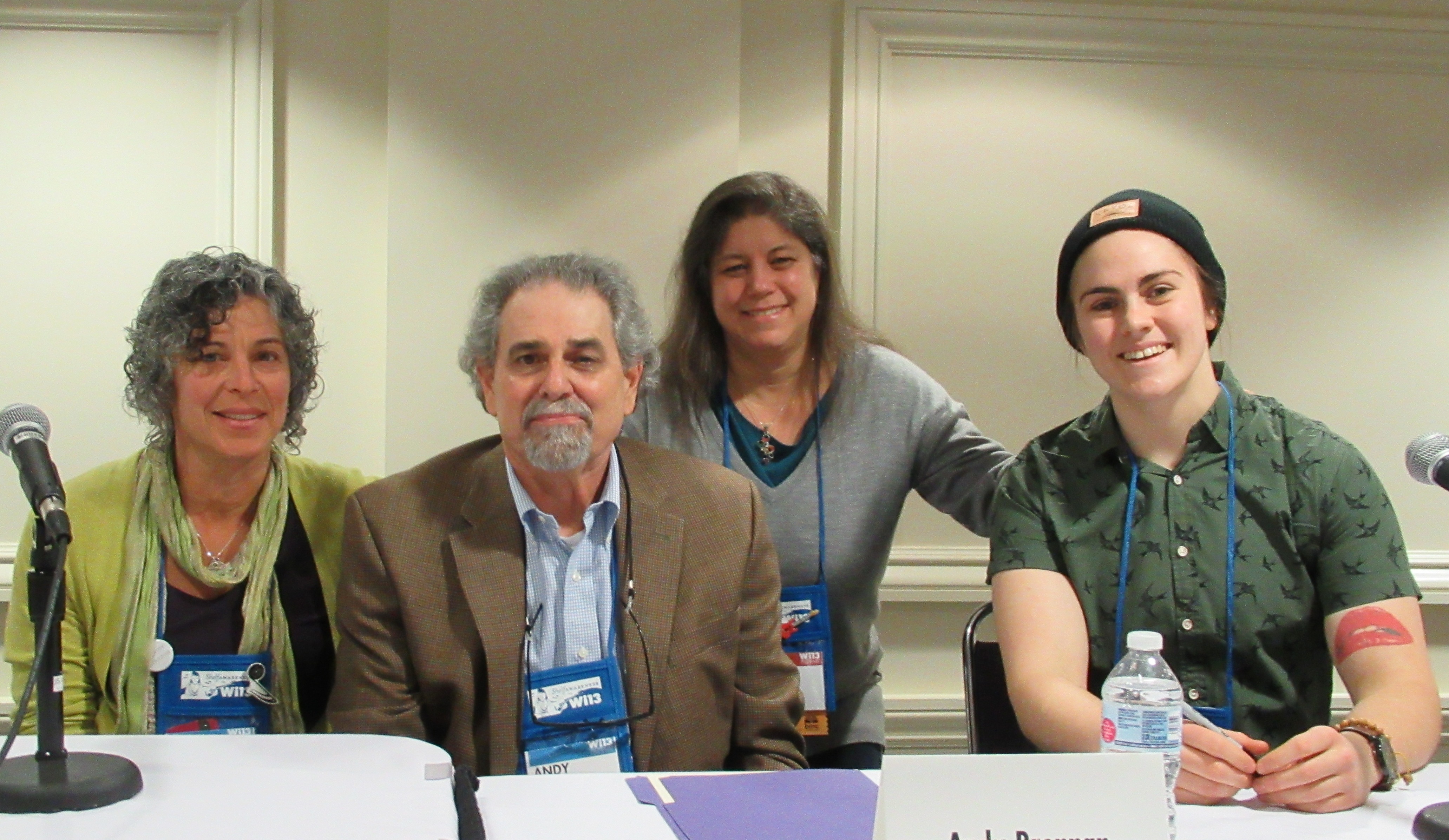Celeste Ng Is Author Ambassador for Independent Bookstore Day 2018
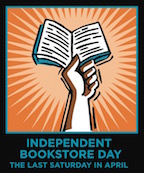 Celeste Ng, author of Everything I Never Told You and Little Fires Everywhere, will be the official Author Ambassador for Independent Bookstore Day 2018. Scheduled for Saturday, April 28, the fourth annual Indie Bookstore Day will be celebrated by more than 490 independent bookstores around the country.
Celeste Ng, author of Everything I Never Told You and Little Fires Everywhere, will be the official Author Ambassador for Independent Bookstore Day 2018. Scheduled for Saturday, April 28, the fourth annual Indie Bookstore Day will be celebrated by more than 490 independent bookstores around the country.
 |
|
| Celeste Ng, 2018 Bookstore Day Ambassador | |
"My favorite thing about independent bookstores is that they all have their own distinct personalities: each reflects not just the tastes but also the ideals of its community," said Ng. "From the second you walk in, you get a sense of what the people who shop there know and enjoy--as well as what's currently on their minds, what they want to learn, and what they value: in short, what kinds of people they want to be. Bookstores are more than just repositories of knowledge, they're living, breathing, evolving representations of our best selves."
Ng made her debut in 2014 with Everything I Never Told You, which went on to win the Massachusetts Book Award, the Asian/Pacific American Award for Literature, the ALA's Alex Award and more, along with being a bestseller. Her 2017 follow-up, Little Fires Everywhere, is a bestseller that will soon be published in more than 20 countries.
"Indie bookstores continue to occupy a special place in the hearts of anyone passionate about books, ideas, freedom of speech, vibrant neighborhoods, and creating community," said Independent Bookstore Day program director Samantha Schoech."We hear lots about their demise, but more than 40 new indie bookshops opened in 2017. In today's fast-changing world, indie bookstores still offer the delight of discovery, the comfort of community, and the tools for reflection, namely a universe of ideas and stories. We can't wait to celebrate indie bookstores and the readers who love them on Saturday, April 28."
Today, February 2, is the deadline for placing orders online for the exclusive Independent Bookstore Day 2018 items. The complete catalogue can be found here.










 In the fourth quarter ended December 31, net sales at Amazon rose 38%, to $60.5 billion, and net income rose 153.7%, to $1.9 billion. For the full year ended December 31, net sales rose 31%, to $177.9 billion, and net income rose 25%, to $3 billion.
In the fourth quarter ended December 31, net sales at Amazon rose 38%, to $60.5 billion, and net income rose 153.7%, to $1.9 billion. For the full year ended December 31, net sales rose 31%, to $177.9 billion, and net income rose 25%, to $3 billion.



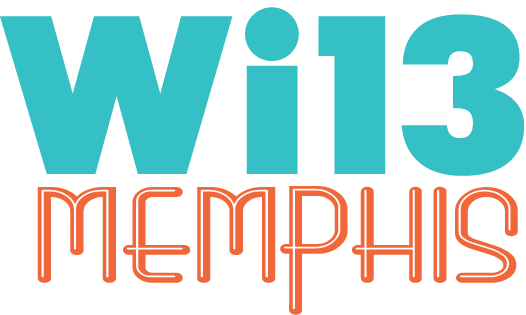 Christen Thompson, co-owner of
Christen Thompson, co-owner of 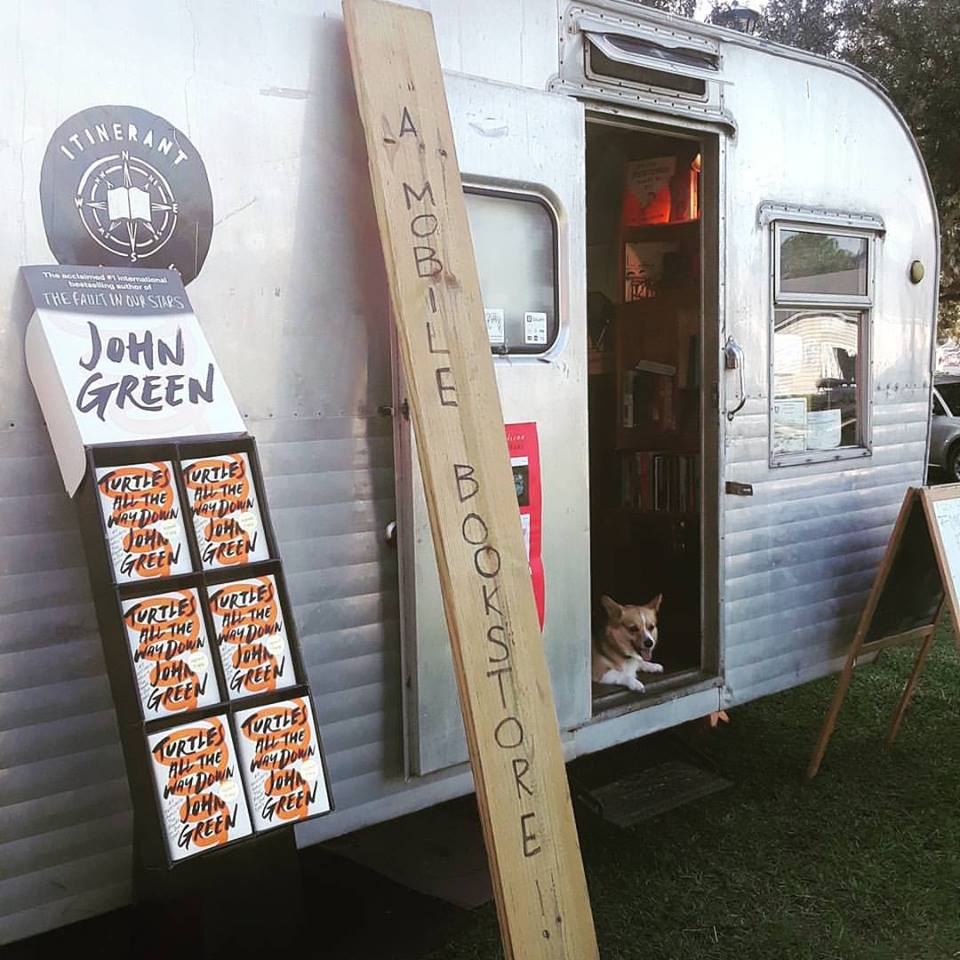 The Itinerant Literate bookmobile is a renovated 1958 Yellowstone trailer that Thompson and her business partner found on Craigslist. The pair raised a bit more than $9,500 through an Indiegogo campaign, and Thompson estimated that the full buildout, including the opening book order, was around $10,000. In terms of day-to-day overhead, Thompson said that the most significant expense was gas, for both the truck towing the bookmobile and to run the bookmobile generator. Since then, they've done a handful of smaller renovations, including putting in better shelves. She advised that anyone who buys something with glass windows should immediately replace them with plexiglass, and emphasized the importance of making sure the bookmobile is watertight. She also warned that summer days in a metal trailer can be very hot; for the first time, this year Itinerant Literate will not operate in the month of August.
The Itinerant Literate bookmobile is a renovated 1958 Yellowstone trailer that Thompson and her business partner found on Craigslist. The pair raised a bit more than $9,500 through an Indiegogo campaign, and Thompson estimated that the full buildout, including the opening book order, was around $10,000. In terms of day-to-day overhead, Thompson said that the most significant expense was gas, for both the truck towing the bookmobile and to run the bookmobile generator. Since then, they've done a handful of smaller renovations, including putting in better shelves. She advised that anyone who buys something with glass windows should immediately replace them with plexiglass, and emphasized the importance of making sure the bookmobile is watertight. She also warned that summer days in a metal trailer can be very hot; for the first time, this year Itinerant Literate will not operate in the month of August. Wright explained that Parnassus bought its bookmobile from a library in Georgia for about $10,000. Though the 1990 Thomas bus had already been used as a bookmobile, Parnassus still did an extensive amount of interior and exterior renovation, and Wright estimated that the entire process, including buying the bus, designing a new logo for Parnassus on Wheels, and putting in things like new lighting and carpets, cost about $30,000. She reported that the biggest ongoing expense for the bookmobile, aside from books, is maintenance; she recommended that anyone interested in operating a bookmobile form a very good relationship with a mechanic.
Wright explained that Parnassus bought its bookmobile from a library in Georgia for about $10,000. Though the 1990 Thomas bus had already been used as a bookmobile, Parnassus still did an extensive amount of interior and exterior renovation, and Wright estimated that the entire process, including buying the bus, designing a new logo for Parnassus on Wheels, and putting in things like new lighting and carpets, cost about $30,000. She reported that the biggest ongoing expense for the bookmobile, aside from books, is maintenance; she recommended that anyone interested in operating a bookmobile form a very good relationship with a mechanic.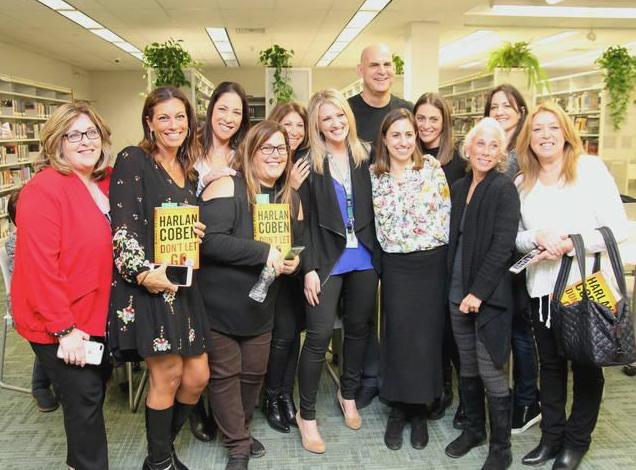
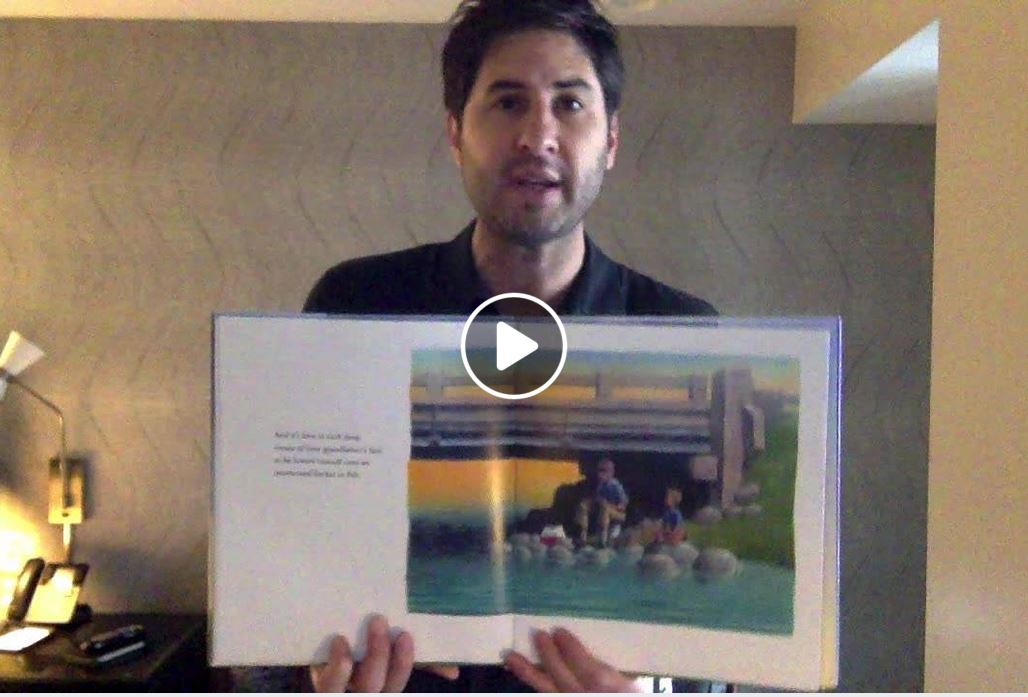
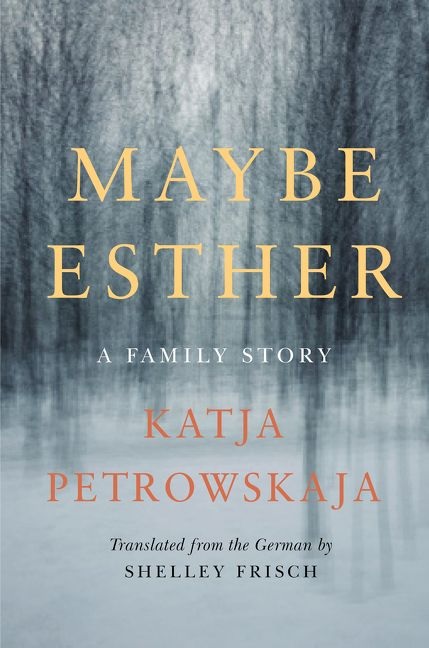 "In a series of tightly connected stories, Petrowskaja charts a remarkable cast of characters. Her grandfather joined the revolutionary underground and split his branch of the family from the rest. Her great-uncle was sentenced to death for shooting a German diplomat. Five generations of her Jewish relatives dedicated their lives to deaf-and-mute children, and her grandmother ran a school for wartime orphans. Her Ukrainian grandfather spent years in a POW camp and disappeared after the war, only to reappear forty years later. And, finally, the most elusive figure, her great-grandmother whose name may have been Esther. She alone remained in Kiev at the outset of the war and was killed by a Nazi guard outside her house in the city center."
"In a series of tightly connected stories, Petrowskaja charts a remarkable cast of characters. Her grandfather joined the revolutionary underground and split his branch of the family from the rest. Her great-uncle was sentenced to death for shooting a German diplomat. Five generations of her Jewish relatives dedicated their lives to deaf-and-mute children, and her grandmother ran a school for wartime orphans. Her Ukrainian grandfather spent years in a POW camp and disappeared after the war, only to reappear forty years later. And, finally, the most elusive figure, her great-grandmother whose name may have been Esther. She alone remained in Kiev at the outset of the war and was killed by a Nazi guard outside her house in the city center." Yoga & Psyche: Integrating the Paths of Yoga and Psychology for Healing, Transformation, and Joy
Yoga & Psyche: Integrating the Paths of Yoga and Psychology for Healing, Transformation, and Joy
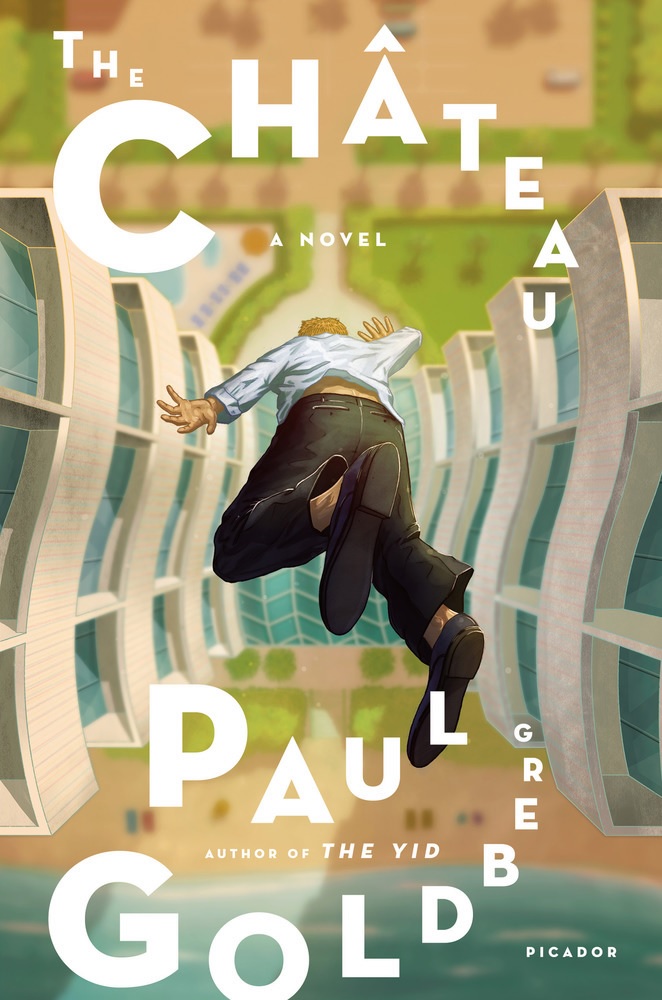 Book you hid from your parents:
Book you hid from your parents: For more than half a century, mountaineer David Roberts has ventured into the unknown, climbing peaks, running untested waterways and hiking into canyons that haven't been visited by humans for hundreds of years. In Limits of the Known, Roberts wistfully recounts many of his adventures, triumphs and a few unsuccessful attempts, while coming to grips with the fact that he is dying of throat and lung cancer.
For more than half a century, mountaineer David Roberts has ventured into the unknown, climbing peaks, running untested waterways and hiking into canyons that haven't been visited by humans for hundreds of years. In Limits of the Known, Roberts wistfully recounts many of his adventures, triumphs and a few unsuccessful attempts, while coming to grips with the fact that he is dying of throat and lung cancer.